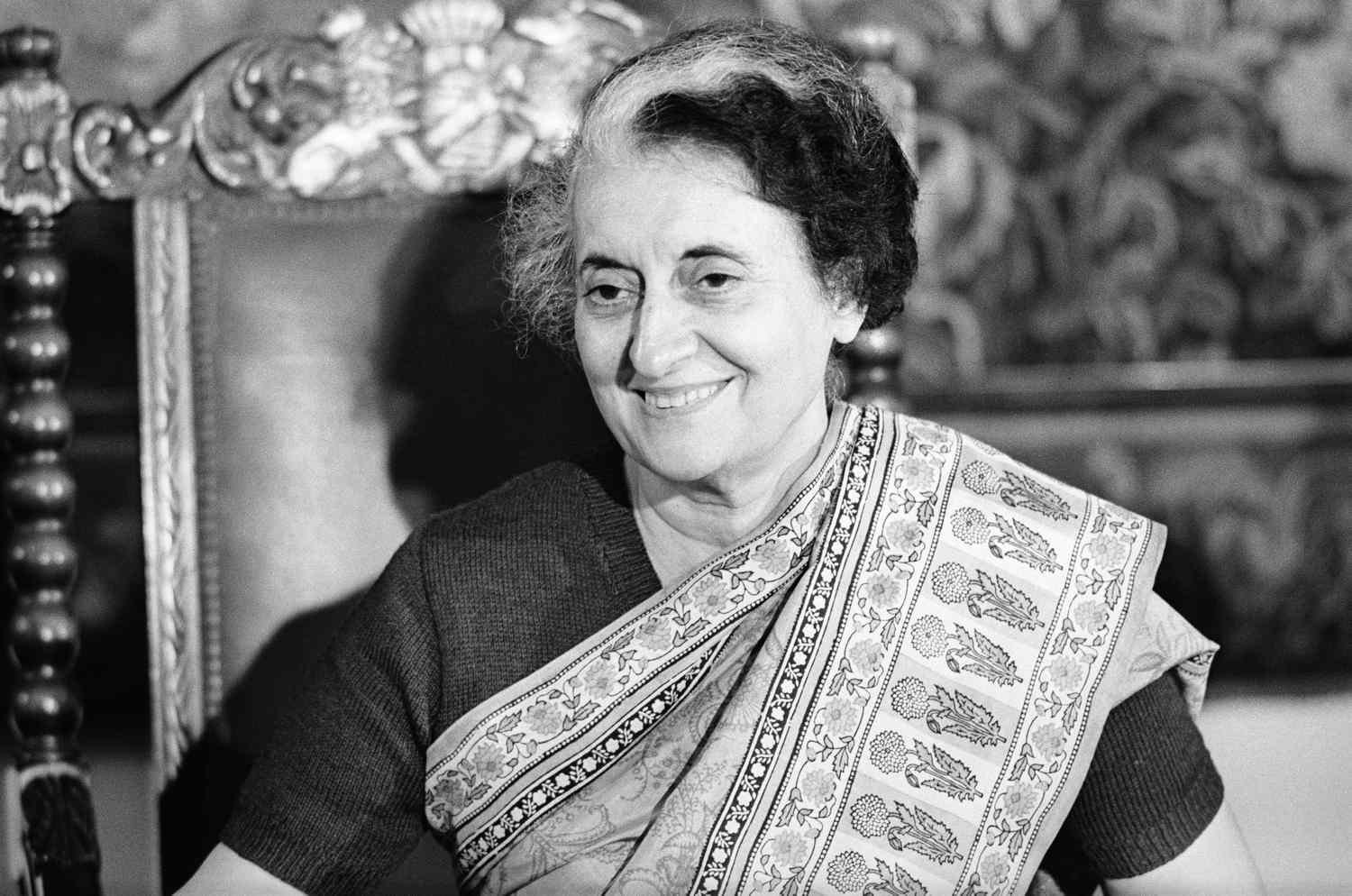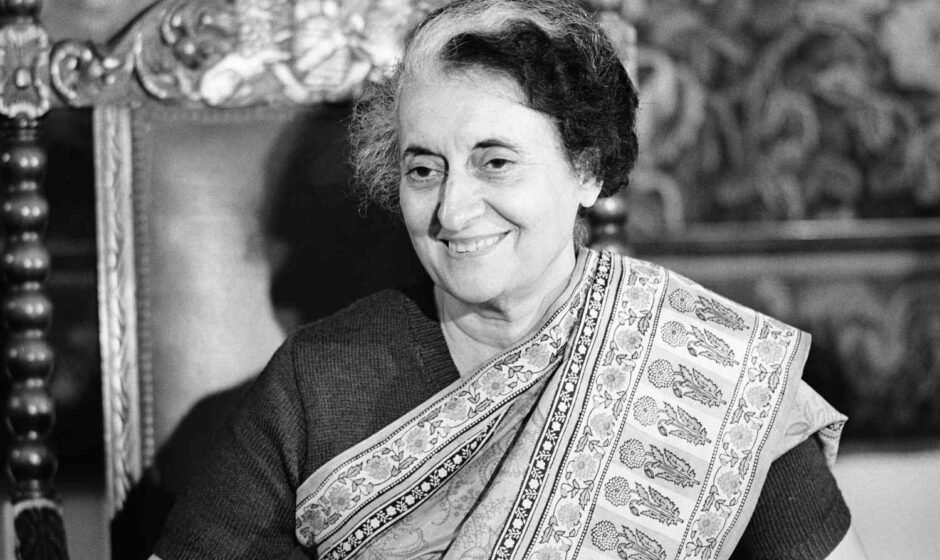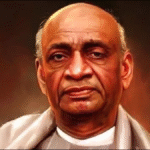Introduction
Every year, 31st October is observed as the birth anniversary of the Iron Lady of India – Indira Gandhi, a leader who changed the face of the nation with her courage, determination, and visionary leadership. Indira Gandhi, India’s first and only woman Prime Minister, led the country through some of its most challenging and defining moments. Her leadership in foreign affairs, her strong stance during the Bangladesh Liberation War, and her efforts to advance science and technology earned her a permanent place among the greatest leaders of the world.
(Note: Sardar Vallabhbhai Patel’s Jayanti also falls on 31st October, and it is celebrated as National Unity Day. But this article focuses on Indira Gandhi, often called the “Iron Lady of India,” for her strength and resolve.)
Early Life and Rise to Power
Indira Priyadarshini Gandhi was born on 19th November 1917 in Allahabad to Pandit Jawaharlal Nehru and Kamala Nehru. Her upbringing was steeped in patriotism and the struggle for India’s independence. After studying at Shantiniketan and Oxford University, she returned to India to serve her country.
She became politically active after independence, and following the death of Prime Minister Lal Bahadur Shastri in 1966, Indira Gandhi assumed leadership as the Prime Minister of India. Her fearless attitude, firm decision-making, and political acumen soon earned her the title of the Iron Lady of India.
Her Foreign Policy: Independent and Assertive
Indira Gandhi’s foreign policy reflected her firm belief in India’s sovereignty and independence in international affairs. She continued the Non-Aligned Movement (NAM) initiated by her father, Jawaharlal Nehru, but gave it a more assertive and self-reliant direction.
- Non-Alignment with Strength:
Indira Gandhi did not allow India to become a pawn in the Cold War rivalry between the United States and the Soviet Union. She maintained friendly relations with both superpowers but stood firm on India’s independent stance. - Indo-Soviet Treaty (1971):
One of her most strategic diplomatic achievements was signing the Indo-Soviet Treaty of Peace, Friendship, and Cooperation in August 1971. This treaty provided India with crucial political and military support from the USSR, strengthening India’s position in the subcontinent. - Champion of Developing Nations:
She advocated for the rights of developing countries in global forums. Her speeches in the United Nations emphasized peace, disarmament, and economic justice. Under her leadership, India became a prominent voice for the Global South. - Firm Stance Against External Pressure:
During the Bangladesh Liberation War and other conflicts, Indira Gandhi showed extraordinary courage by standing against international pressure, including from powerful nations like the United States and China.
Her foreign policy made India a respected and influential nation on the world stage, earning her admiration as one of the most decisive world leaders of her time.
Role in the Bangladesh Liberation War (1971)
The Bangladesh Liberation War stands as one of the brightest chapters of Indira Gandhi’s leadership. In 1971, Pakistan’s military government launched brutal attacks in East Pakistan (now Bangladesh) to suppress the independence movement. This led to a massive humanitarian crisis, with millions of refugees fleeing into India.
Indira Gandhi responded with both humanitarian compassion and strategic brilliance:
- Diplomatic Efforts:
She launched an international campaign to expose the atrocities committed by the Pakistani army, visiting several countries to seek global support for Bangladesh’s independence. - Strategic Planning:
She prepared India militarily and diplomatically. The Indo-Soviet Treaty ensured that India would not be isolated if a conflict broke out. - War and Victory:
When Pakistan attacked Indian airbases on 3rd December 1971, Indira Gandhi decisively declared war. The Indian Armed Forces, under her command, achieved a historic victory in just 13 days, leading to the creation of Bangladesh on 16th December 1971. This victory was not just military — it was a diplomatic and humanitarian triumph. Indira Gandhi was hailed worldwide as a heroine of peace and freedom, and India emerged as a regional power.
Technological and Scientific Progress Under Her Leadership
Indira Gandhi believed that science and technology were the foundations of a strong and self-reliant India. During her tenure, India made remarkable progress in these fields:
- Green Revolution:
Indira Gandhi expanded the Green Revolution initiated in the 1960s, ensuring food security for India. She encouraged agricultural research, irrigation projects, and the use of high-yield crops. Her leadership transformed India from a food-importing nation to one that was self-sufficient in grain production. - Space and Communication Development:
Under her leadership, India’s space program gained significant momentum. She supported the Indian Space Research Organisation (ISRO) and launched projects such as:- SITE (Satellite Instructional Television Experiment) to promote rural education.
- INSAT (Indian National Satellite System), which improved communication and broadcasting.
- Expansion of remote sensing and meteorological satellites to aid agriculture and disaster management.
- Nuclear Advancement – Pokhran Test (1974):
One of Indira Gandhi’s most defining achievements was India’s first nuclear test at Pokhran on 18 May 1974, codenamed “Smiling Buddha.”
This bold move demonstrated India’s scientific capability and strategic independence, placing the nation among the world’s nuclear powers. - Industrial and Technological Growth:
She promoted industrialization, public sector expansion, and scientific research institutions, ensuring that technology became a driving force for national development.
Through these initiatives, Indira Gandhi proved that technology, when guided by vision and purpose, could transform a developing nation into a strong, self-reliant power.
Legacy and Conclusion
Indira Gandhi’s life was a blend of strength, vision, and courage. Her leadership during crises, her global diplomacy, her role in the birth of Bangladesh, and her belief in technological self-reliance left a deep and lasting mark on India’s history.
Her tragic assassination on 31st October 1984 shook the entire nation. Yet, even in death, she continues to inspire millions. Her birthday and martyrdom day are observed with great respect, reminding us of her enduring legacy.
Indira Gandhi will forever be remembered as the Iron Lady of India — a leader who guided the nation with an iron hand and a compassionate heart, transforming India into a confident, self-reliant, and respected global power.
Famous Quote by Indira Gandhi
“You cannot shake hands with a clenched fist.”
– Indira Gandhi
This quote perfectly captures her belief in peace through strength — the true spirit of the Iron Lady of India.



